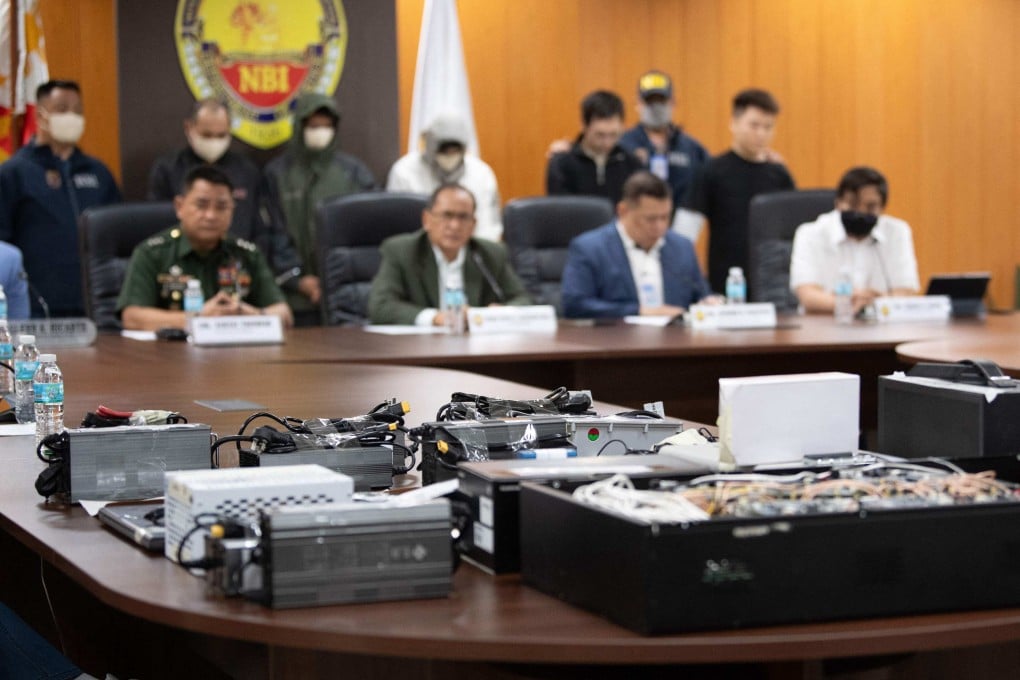Rising Tensions: China Accuses Filipino Nationals of Espionage Amid Diplomatic Strains
Tensions between China and the Philippines escalate as Beijing accuses three Filipino nationals of espionage, igniting a diplomatic standoff. What are the implications for regional security?

Tensions between China and the Philippines are intensifying once again, this time fueled by serious allegations of espionage. Chinese state media recently reported the arrest of three Filipino nationals, accusing them of collaborating with Philippine intelligence to acquire classified military information. The arrests were publicly disclosed on Thursday, leading to a swift response from the Philippine government, which has strongly contested these claims.
Details of the Arrests
According to state broadcasters, the three individuals were shown in video footage being interrogated by Chinese authorities, who assert that they confessed to the allegations. However, officials in Manila have expressed grave concern regarding the situation, labeling the arrested individuals as ordinary citizens rather than spies. The Philippine National Security Council clarified that the trio were former scholars involved in a cultural exchange program between Hainan province in China and Palawan in the Philippines. This incident raises questions about the motivations behind the arrests and the broader context of Sino-Philippine relations.
Context of Increasing Arrests
This incident is part of a broader trend, as the Philippine authorities have ramped up efforts to detain individuals they suspect of espionage. Over the past three months, Manila has arrested at least a dozen Chinese nationals, alleging that they were gathering sensitive information near military facilities and critical infrastructure. This series of arrests underscores the growing paranoia and distrust between the two nations, particularly in light of ongoing territorial disputes in the South China Sea.
Diplomatic Implications
The accusations and subsequent arrests have the potential to strain diplomatic relations between China and the Philippines further. With both countries historically navigating a complex relationship marked by competition and cooperation, this incident could hinder progress on various fronts, including economic partnerships and collaborative security measures. Additionally, the Philippine government’s insistence on the innocence of the arrested individuals could lead to heightened tensions and retaliatory measures from Beijing.
Potential Regional Impact
The implications of these developments extend beyond the immediate diplomatic friction. As both nations continue to assert their sovereignty in disputed areas, regional allies and other stakeholders in Southeast Asia are closely monitoring the situation. The increased militarization and espionage accusations could lead to a more volatile security environment in the region, prompting neighboring countries to reassess their strategic postures and alliances.
Conclusion
As the situation unfolds, it is crucial for both the Chinese and Filipino governments to engage in constructive dialogue to prevent further escalation. The allegations of espionage highlight the fragile state of trust between the two nations and the need for greater transparency in their dealings. Ultimately, fostering cooperation and understanding will be essential to navigate the complexities of their relationship and maintain stability in the region.
What's Your Reaction?














